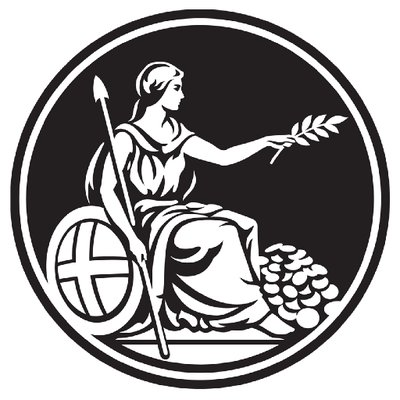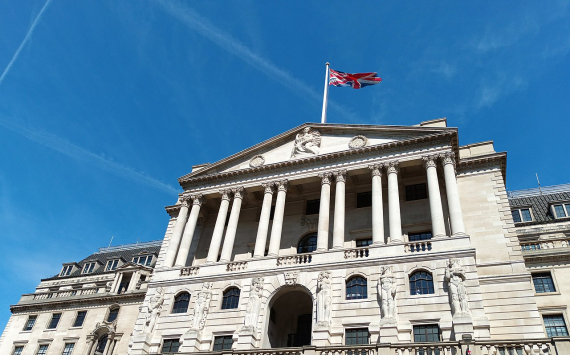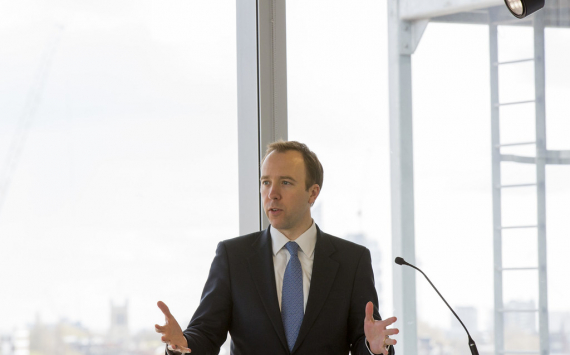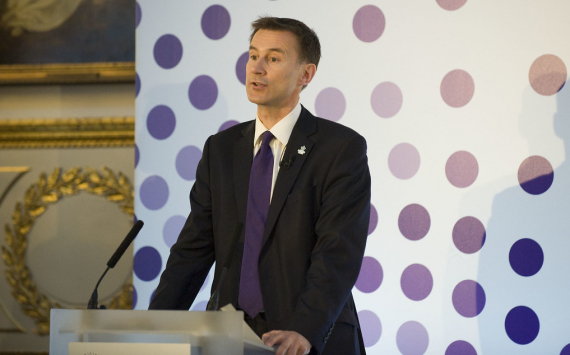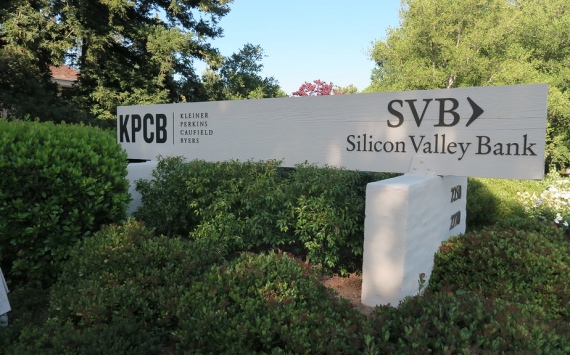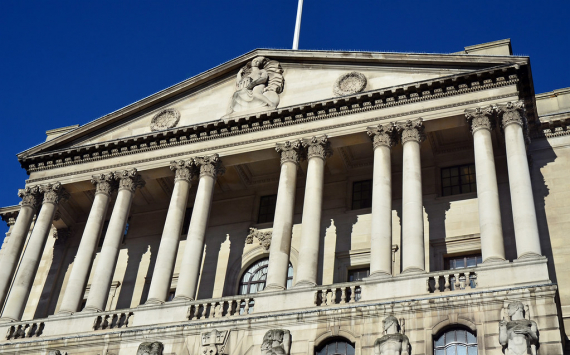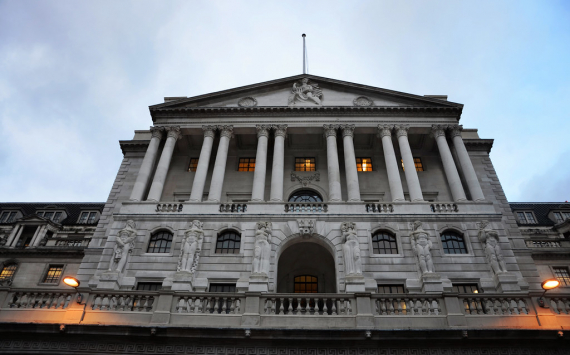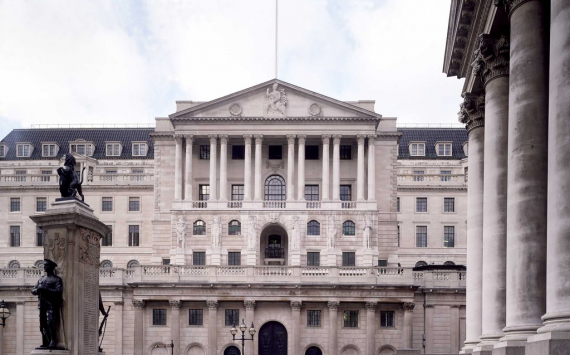Description
The Bank of England is a special public institution in Great Britain that acts as a central bank. It organizes the work of the Monetary Policy Committee, which is responsible for managing the country's monetary policy.
Story
It was originally established in 1694 as a private joint stock bank to support England in the war with France. In 1844 it was assigned the status of the Central Bank of England, in 1946 it was nationalized, and in 1997 it received the status of an independent public organization, independent in the conduct of monetary policy, the full owner of which is the Solicitor of the Ministry of Finance on behalf of the government.
Since 1734 it has been located at Thread-needle Street, London, in a building designed by the architect John Soane, which was later rebuilt by Herbert Baker.
Managment structure
The Bank of England is governed by a Board of Directors. It consists of the Governor, two Deputy Governors and 16 Board Members (Non-Executive Directors). All are appointed by royal decree after approval by the UK Parliament.
The manager and his deputies are appointed for five years, members of the Board of Directors - for four years. All of them can be appointed for the following periods.
The Board of Directors must meet at least once a month. His competence includes all issues of bank management, except for issues of monetary policy, which are dealt with by a special Monetary Policy Committee (MPC).
The Governor of the Bank of England is also the head of the Monetary Policy Committee. The rest of the members of this body are selected from among well-known economists outside the Bank itself.
Bank Managers
1911-1913 - Alfred Cole
1913-1918 - Walter Cunliffe
1918-1920 - Sir Brian Cockain
1920-1944 - Montagu Norman
1944-1949 - Lord Thomas Catteau
1949-1961 - Cameron Cobbold (Baron Cobbold from 1960)
1961-1966 - Rowland Baring
1966-1973 - Leslie O'Brien
1973-1983 - Gordon Richardson
1983-1993 - Robin Leigh-Pemberton
1993-2003 - Edward George
2003-2013 - Mervyn King
2013—2020 - Mark Carney
2020-present in. - Andrew Bailey
Functions
The Bank of England performs all the functions of a central bank. The most important of them are supposed to maintain price stability and support the Government's economic policy to ensure economic growth. To this end, the bank solves problems in the following key areas:
- Maintaining the stability of the exchange rate and purchasing power of the national currency (pound sterling). To ensure this goal, an appropriate policy of interest rates is being pursued, implying that the real situation corresponds to the inflation target (for 2019 - 0.75% per annum), which is determined by the government.
- Maintaining the stability of the financial system, both national and global. Ensuring financial stability involves protecting against threats to the entire financial system. Threats are investigated by the Bank's supervisory and analytical services. Threats are eliminated through financial and other operations, both in the national market and abroad. In exceptional cases, the Bank may act as the “lender of last resort”.
- Making the UK financial sector efficient.
The Bank works with a number of other institutions to ensure both monetary and financial stability, including:
- UK Treasury (HMS Treasury);
- The UK Financial Services Authority;
- Other central banks and international organizations, with the aim of improving the international financial system.
In 1997, a Memorandum of Understanding was signed between the Bank of England, the Treasury and the Financial Conduct Authority, describing the conditions and principles of interaction between these organizations to ensure the common goal of increasing financial stability.
The Bank of England has a monopoly over the issuance of banknotes in England and Wales. Banks of Scotland (The Royal Bank of Scotland, The Bank of Scotland and The Clydesdale Bank) and Northern Ireland (Bank of Ireland, First Trust Bank, Northern Bank and Ulster Bank) retained the right to issue their own banknotes, but their issue must be supported by the presence of a deposit at a rate of 1: 1 at the Bank of England, with the exception of a few million pounds which they had in circulation in 1845. In 2002, the Bank decided to sell its banknote printing businesses to De La Rue.
Since 1997, the Monetary Policy Committee has been responsible for setting official interest rates. However, at the same time with the decision to grant the Bank operational independence, in 1998 the responsibility for public debt management was assigned to a new structure - the UK Debt Management Office, which was also transferred to financial management in 2000. Governments. Since 2004, the functions of the registrar for the Government of England bonds (also known as British Government Bonds (Gilts)) have been transferred to Computershare.
On June 2, 2016, the release of the first plastic banknotes was announced. A £ 5 polymer note depicting one of the famous British Prime Ministers, Winston Churchill, will go into circulation on 13 September. Later, it is planned to issue plastic bills of 10 and 20 pounds.


